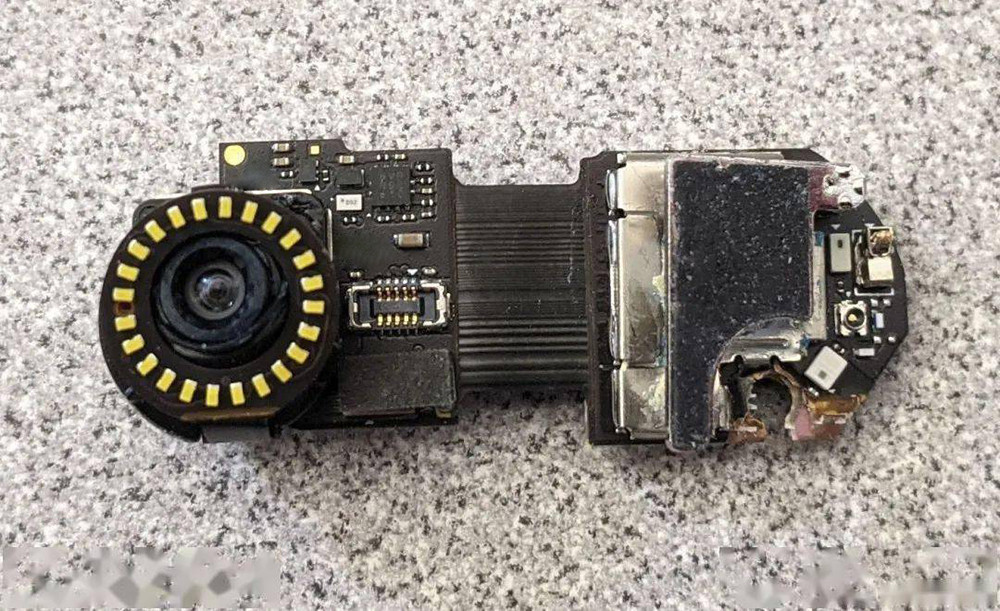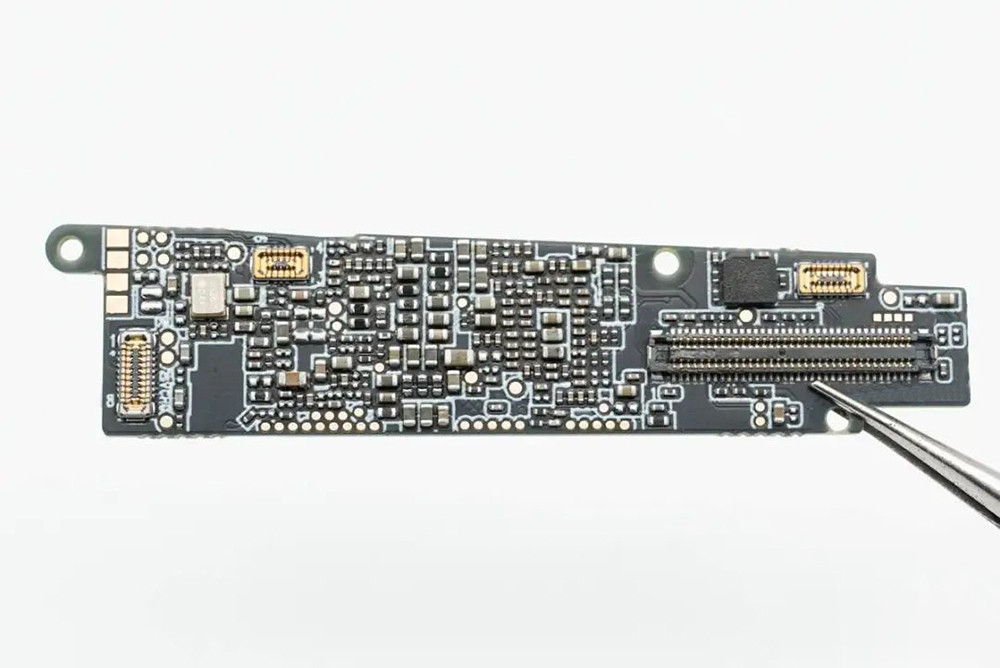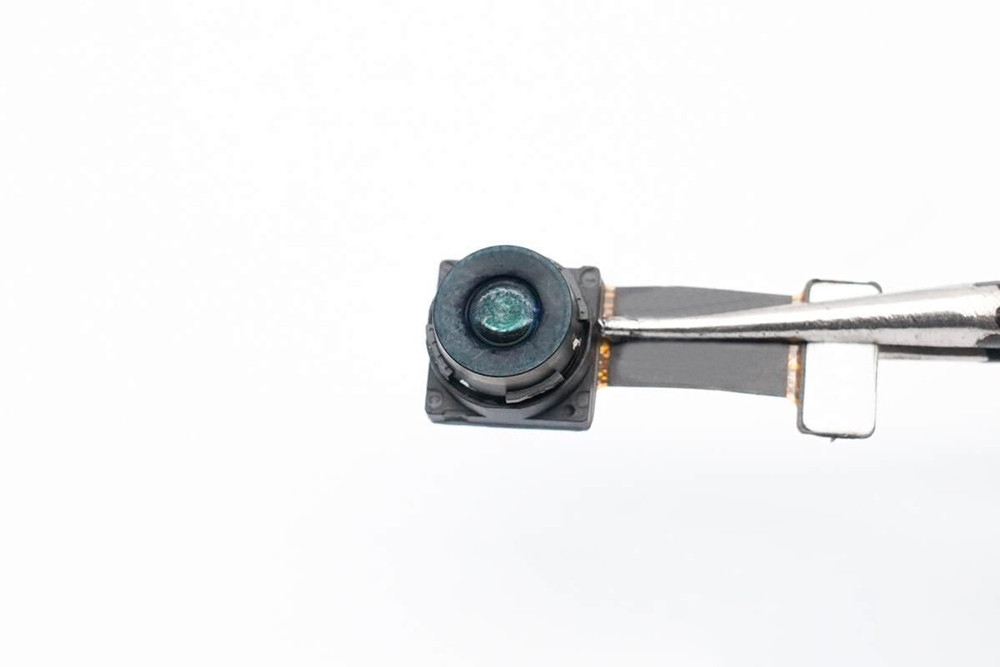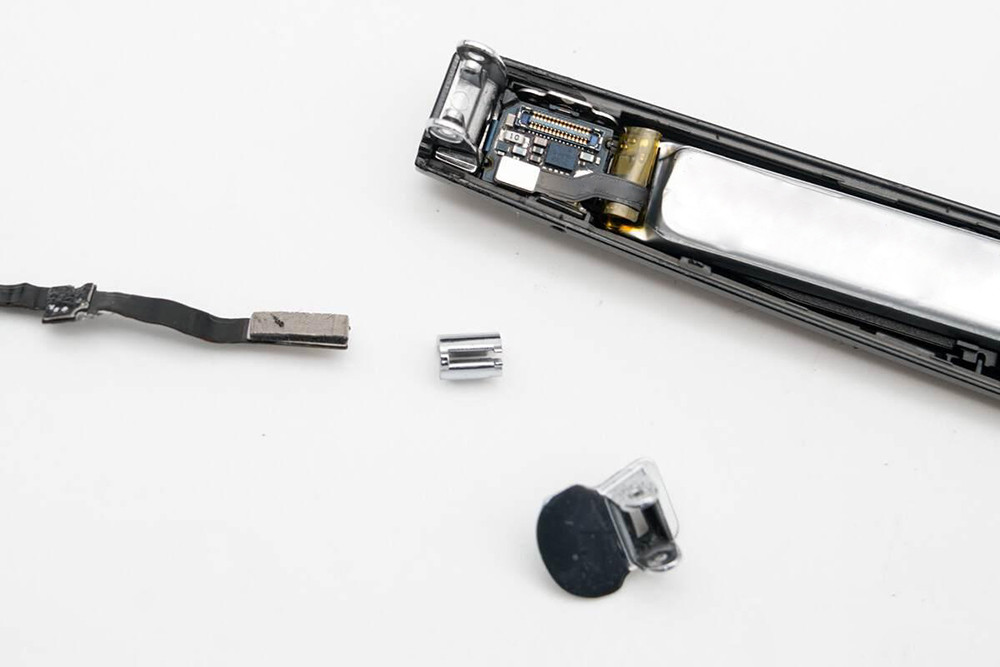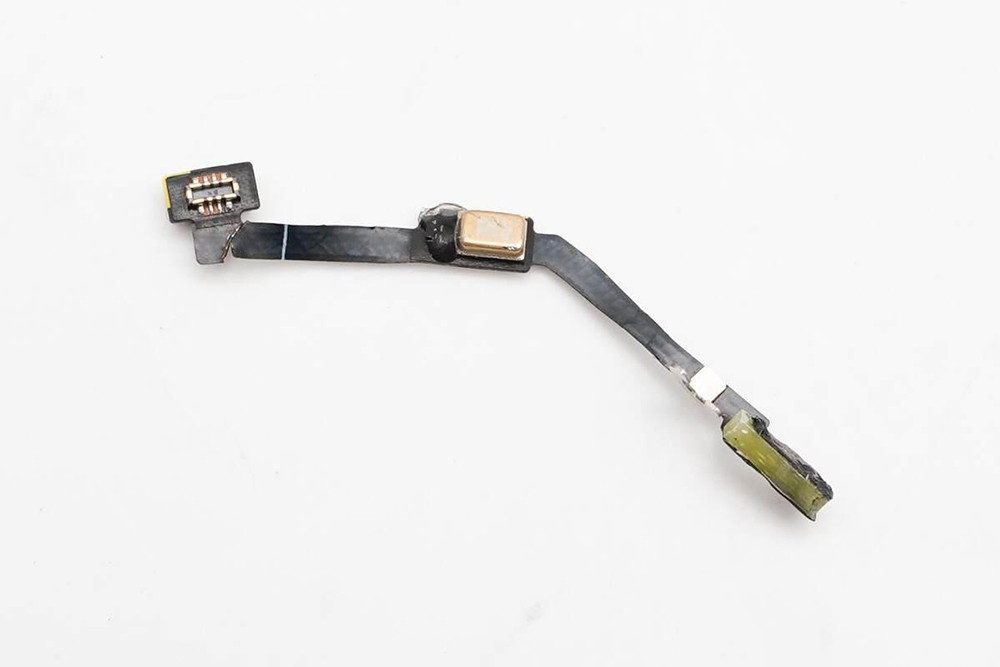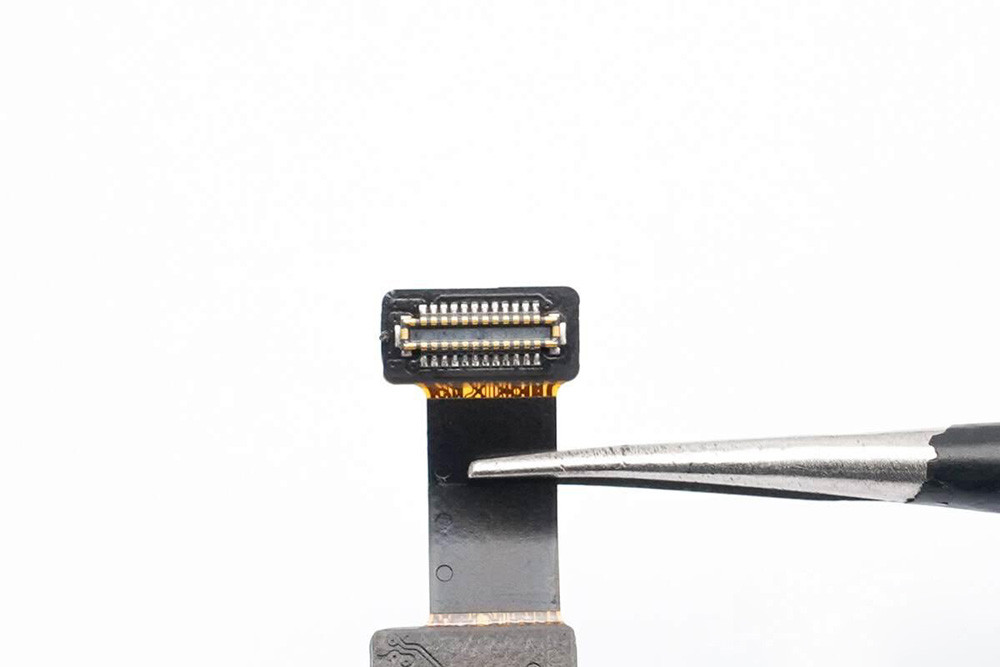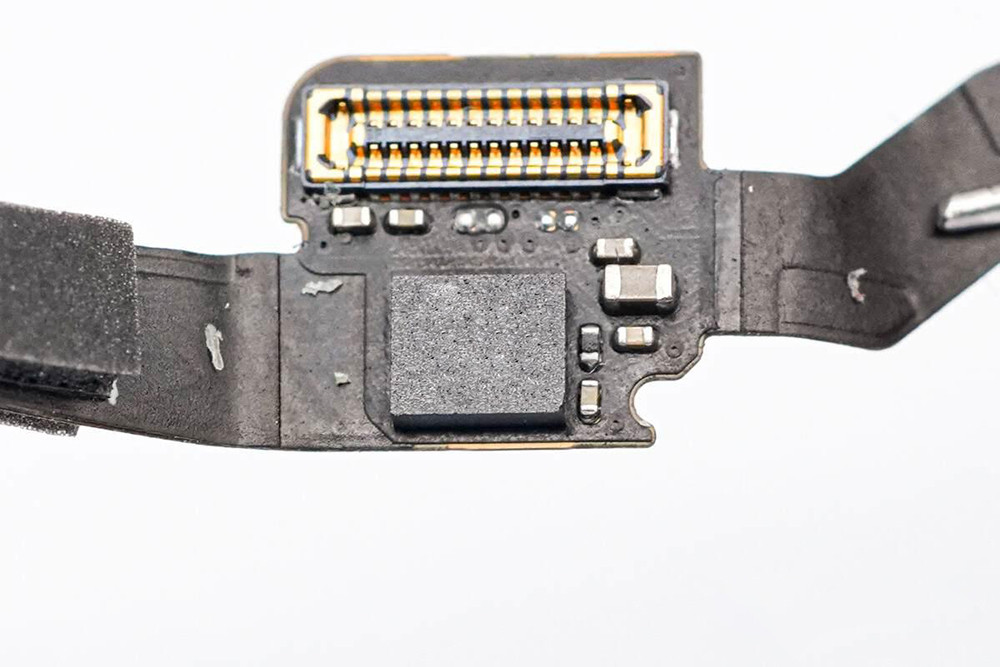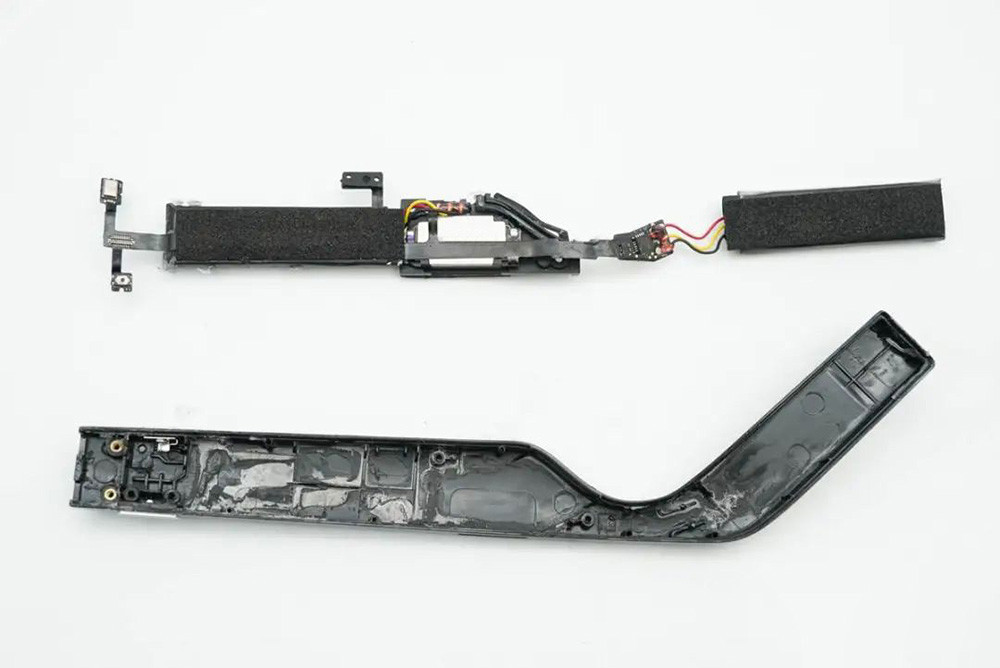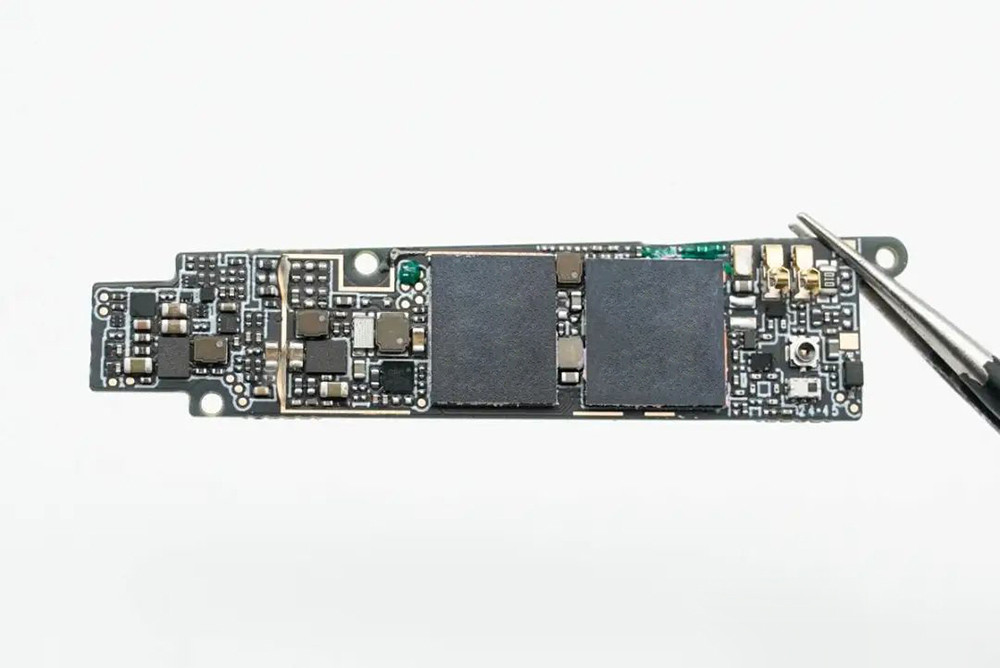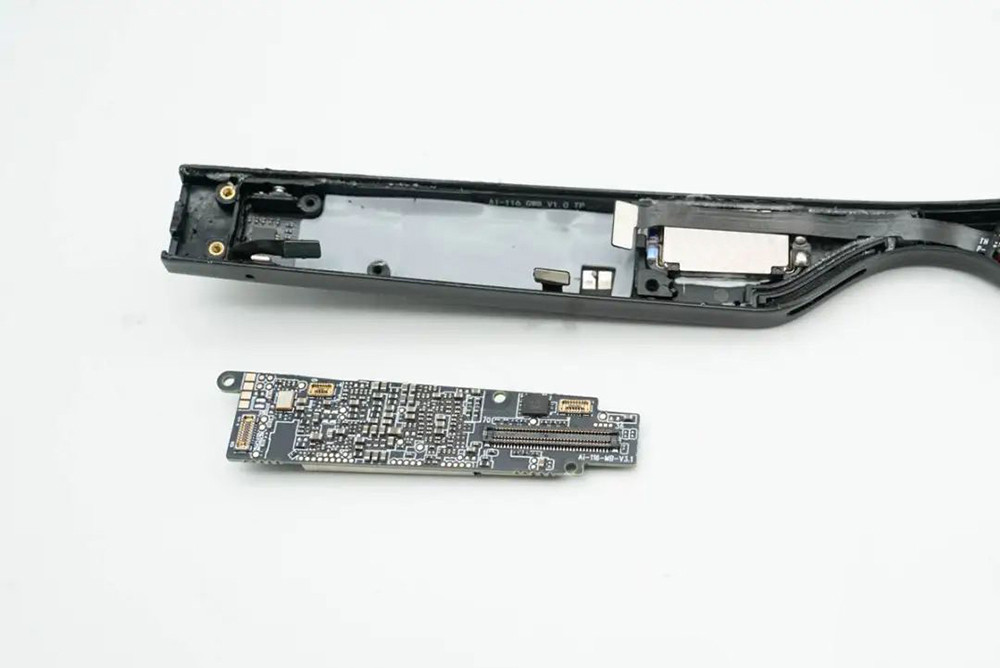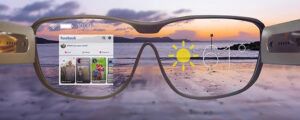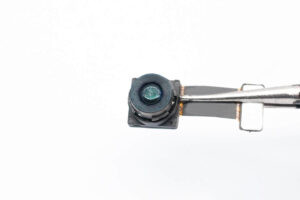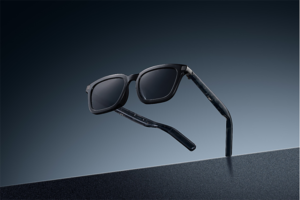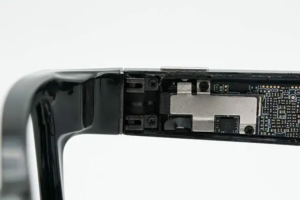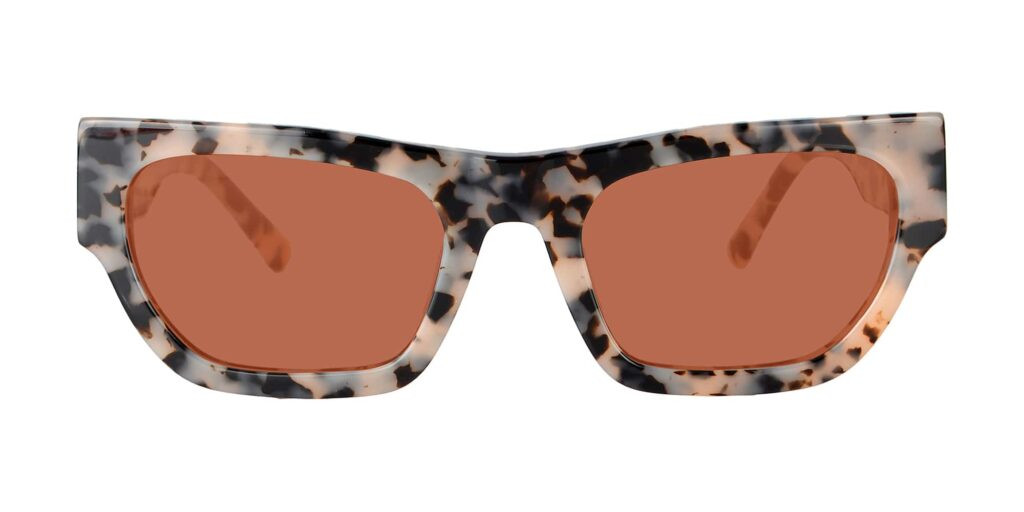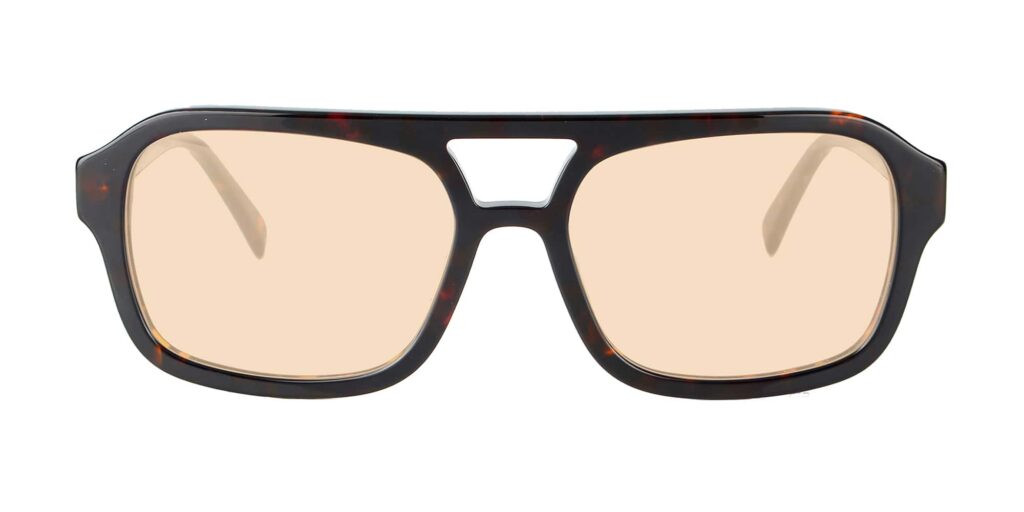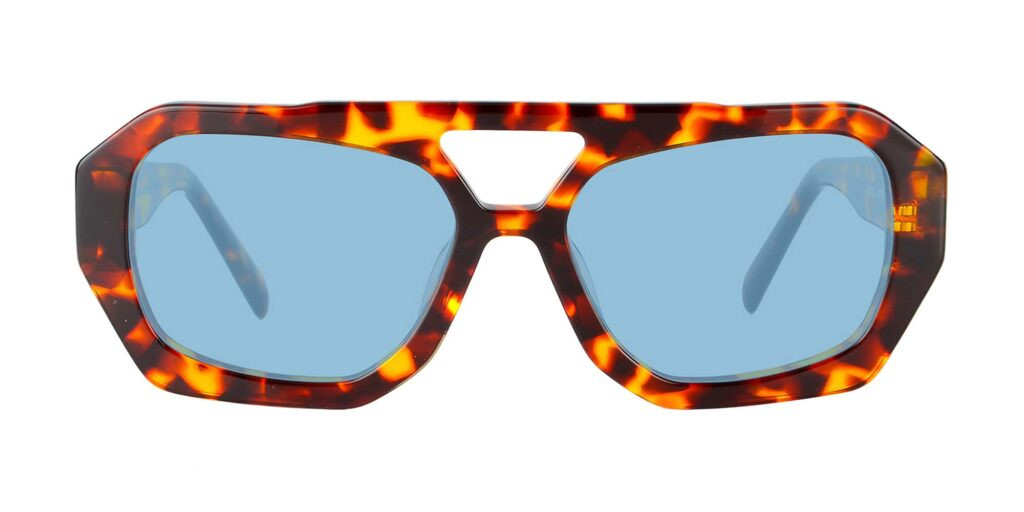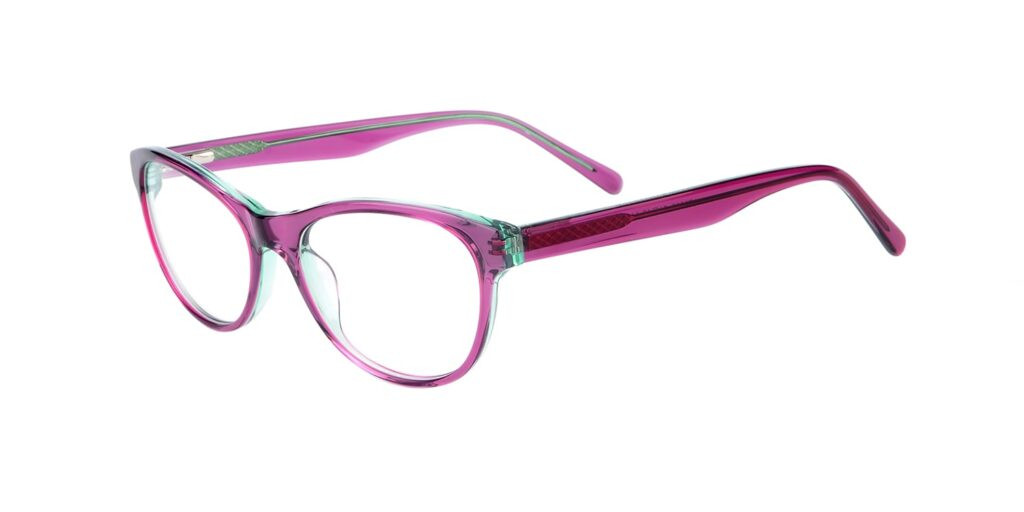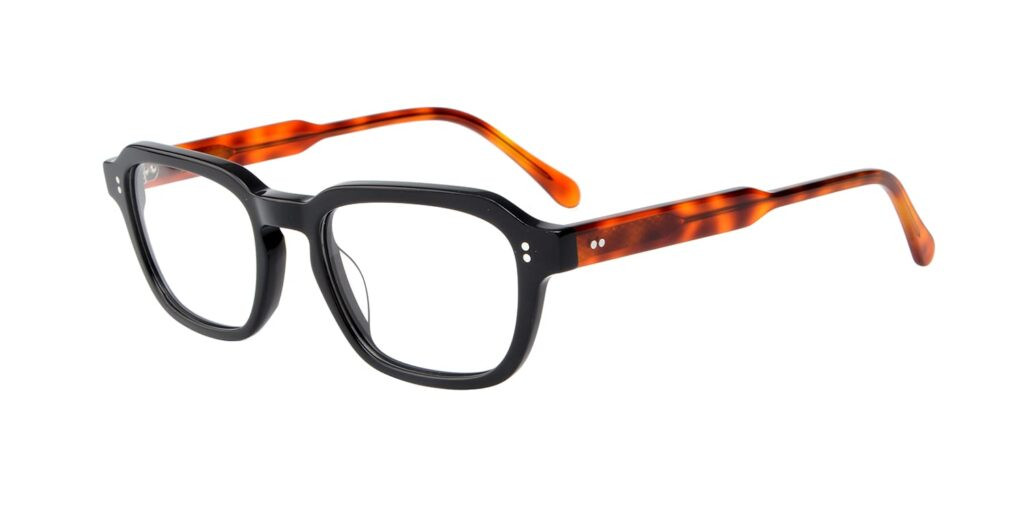Introduction: Smart Camera Glasses Is Evolving Fast
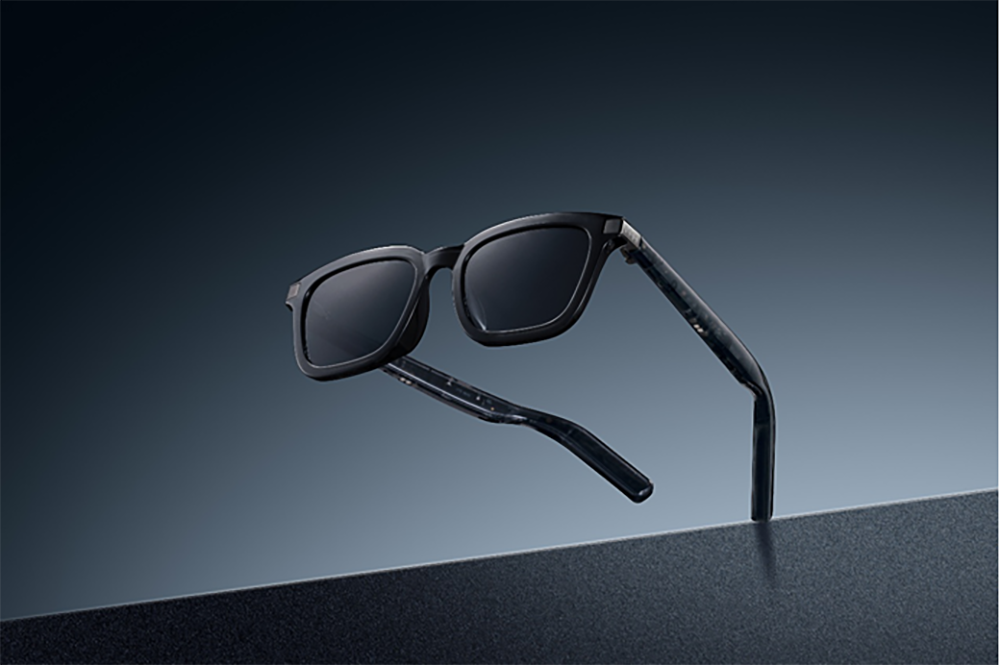
In today’s fast-moving tech world, smart eyewear is becoming a go-to solution for industries seeking hands-free functionality. Among the most in-demand products are camera glasses and AR (augmented reality) glasses—each offering distinct advantages depending on the use case.
For businesses exploring B2B smart glasses solutions, knowing the difference between these two technologies is essential for product development, brand positioning, and user adoption.
At Joysee Eyewear, a trusted OEM and ODM smart glasses manufacturer, we work with global clients to build and customize eyewear devices that match specific goals.
Let’s break down the comparison between camera glasses and AR glasses to help you determine what’s right for your business.
What Are Camera Glasses?
Camera glasses are smart eyewear devices that integrate one or more high-definition cameras directly into the frame. These glasses are designed primarily for recording photos and videos from a first-person perspective.
Key Features of Camera Glasses:
Built-in HD camera modules (500W, 800W, or interpolated 2000W)
1080P video recording with EIS stabilization
Bluetooth + WiFi transmission for instant sharing
Voice control and one-touch operation
Lightweight and discreet design
Joysee Eyewear offers customizable camera glasses for B2B clients in industries such as:
Field inspection & maintenance
Security & law enforcement
Sports & lifestyle content creation
Education & virtual training
What Are AR Glasses?
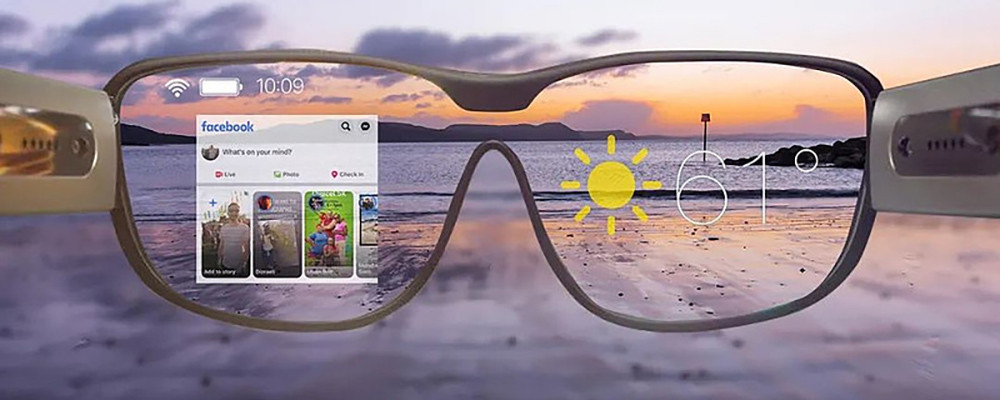
AR glasses overlay digital information onto the real world using transparent displays or optical waveguides. They’re built for interaction, data access, and immersive visualization.
Key Features of AR Glasses:
Heads-up display (HUD) for contextual data
Gesture and voice control support
AI vision & recognition tools
Real-time translation or subtitle overlays
Software integration with mobile apps and cloud systems
AR glasses are ideal for industries like:
Healthcare & telemedicine
Retail & customer service
Industrial training
Remote assistance and field support
At Joysee Eyewear, we provide AR glasses development under full OEM/ODM scope—from design and electronics to interface customization.
Key Differences Between Camera Glasses and AR Glasses
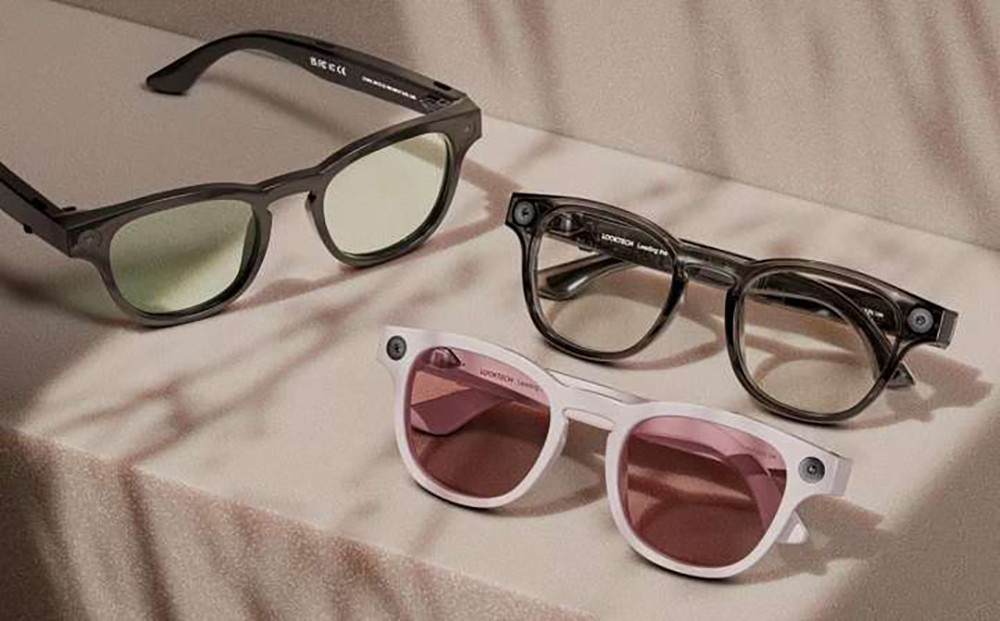
| Feature | Camera Glasses | AR Glasses |
|---|---|---|
| Functionality | Photo/video capture | Real-time data overlay & interaction |
| Display | No display (or minimal LED indicators) | Transparent HUD or optical display |
| User Interface | Touch control, voice activation | Gesture control, eye tracking, voice UI |
| Power Requirements | Lower power consumption | Higher due to display and processing |
| Complexity | Simple, focused device | Complex, multi-functional system |
| Pricing | Lower manufacturing cost | Higher due to optics and sensors |
| Use Case Breadth | Ideal for documentation & recording | Better for training, visualization, AR apps |
Choosing the Right Smart Camera Glasses for Your Business
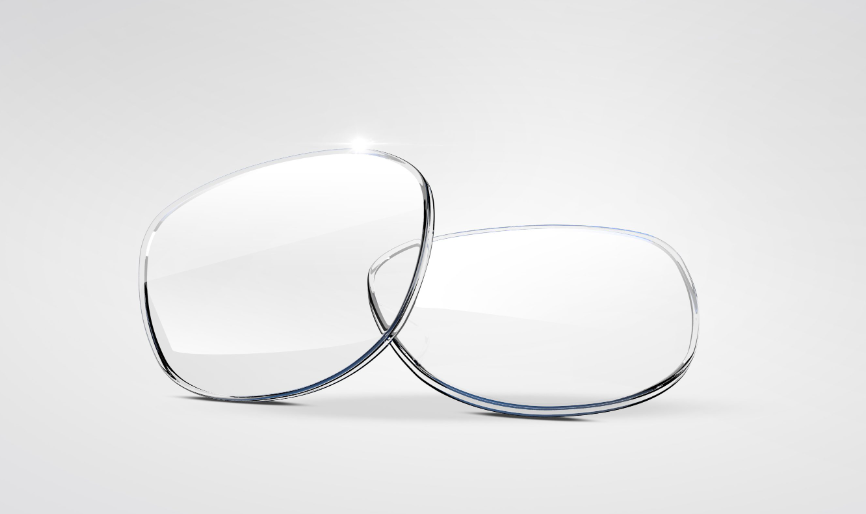
When deciding between camera glasses and AR glasses, consider these B2B factors:
1. End-User Scenario
For companies needing content capture (fieldwork, education, vlogging), camera glasses are more suitable.
For real-time assistance, data visualization, or customer guidance, AR glasses make more sense.
2. Budget and Technical Feasibility
Camera glasses are more affordable, require simpler integration, and offer faster time-to-market.
AR glasses need heavier investment, including custom optics and robust software support.
3. Brand Goals and Differentiation
Want to stand out with visual storytelling or consumer gadget design? Go with camera eyewear.
Looking to offer innovative enterprise solutions or cutting-edge user experience? Choose AR integration.
Joysee Eyewear can help you analyze business requirements and align them with the right hardware.
Customization Options from Joysee Eyewear

Whether you’re building camera smart glasses or AR glasses, our team provides full customization:
For Camera Glasses:
Camera resolution: 500W / 800W / 2000W (interpolated)
EIS stabilization algorithms
App pairing and cloud support
Lightweight TR90 or titanium frames
Logo engraving and private label packaging
For AR Glasses:
Display types: HUD / prism / waveguide
Sensor modules: GPS, gyroscope, AI vision
UI/UX system integration
Adjustable fitting for industrial use
Software partnerships with AR platforms
As a top smart glasses manufacturer in China, we support low MOQ, fast sampling, and global B2B fulfillment.
Use Cases in the Real World
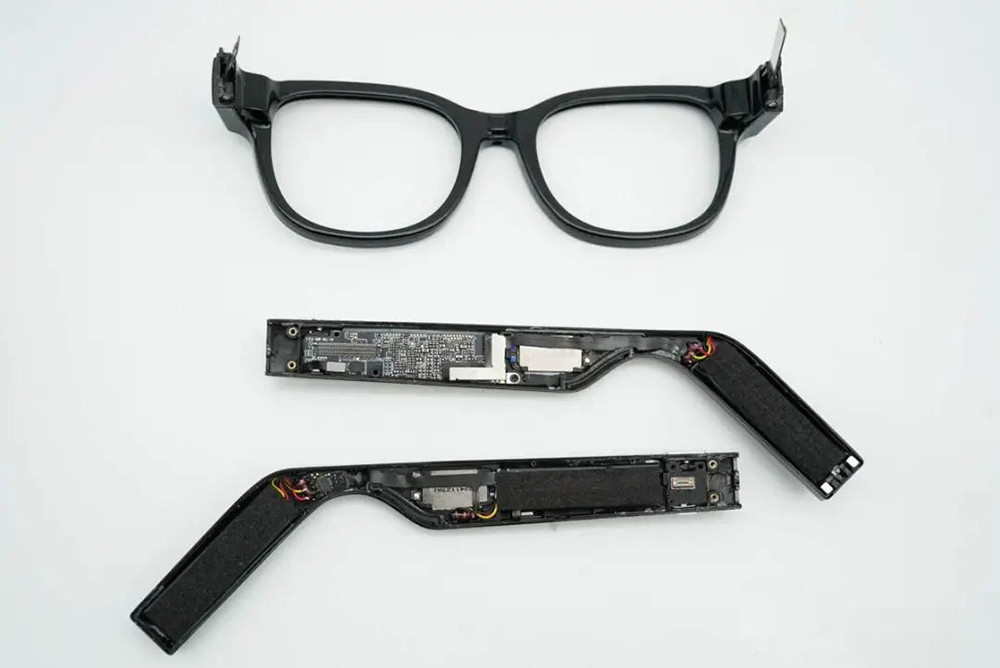
Retail:
Sales assistants wearing AR glasses can display stock info while engaging with customers. Meanwhile, camera glasses let store managers record training sessions hands-free.
Law Enforcement:
Police can use camera glasses for evidence recording. AR glasses offer suspect data overlays using AI facial recognition.
Education:
Instructors can stream lessons via camera glasses. With AR eyewear, students can view interactive content synced to real-world activities.
Manufacturing:
Engineers can wear camera glasses to document processes. AR glasses provide real-time diagnostics and support overlays for complex repairs.
Why Choose Joysee Eyewear as Your OEM/ODM Partner
With over 10 years in eyewear production, Joysee Eyewear leads in B2B smart glasses manufacturing, offering:
Deep knowledge in smart glasses customization
Flexible OEM & ODM engagement models
High-quality production and strict QC standards
Integrated R&D and design support
We’ve worked with tech startups, global brands, and enterprise clients to create reliable, scalable smart eyewear solutions.







Camera Glasses Conclusion: Choose the Right Fit for Long-Term Success

Both camera glasses and AR glasses have strong business potential. The key is understanding your market and users.
Need a fast, easy-to-deploy device? Choose camera smart glasses. Want to push the boundaries with immersive tech? Go for AR eyewear.
At Joysee Eyewear, we’ll guide you through every step—from ideation to launch—with full OEM/ODM smart glasses services.
📩 Contact Joysee Eyewear to Start Your Smart Eyewear Project Today
Related Posts:
- Camera Smart Glasses Manufacturers – Trusted Partner in China
Customizing Smart Glasses Features for Different User Scenarios
Smart Glasses Quality Control: How Joysee Eyewear Ensures Superior Smart Eyewear Production
Custom Smart Glasses: Top 5 Customization Services for B2B Brands
ODM vs OEM Smart Glasses With Camera: What’s Right for Your Brand?
How to Choose the Right Smart Glasses Manufacturer for Your Brand – A Complete B2B Guide
- AR and VR Smart Glasses Market Outlook 2025-2034
📩 Ready to Customize Your Smart Glasses? Contact Joysee Eyewear Now
